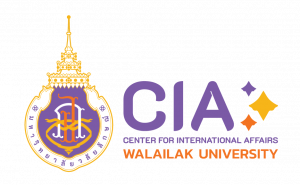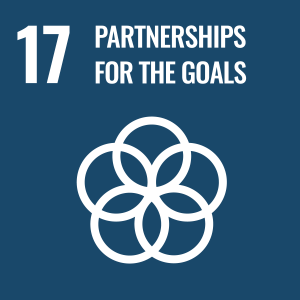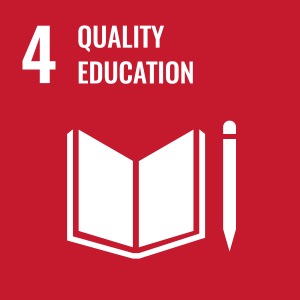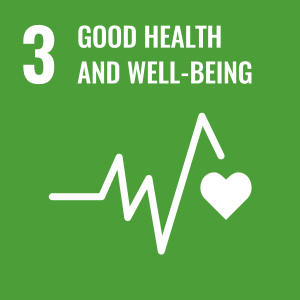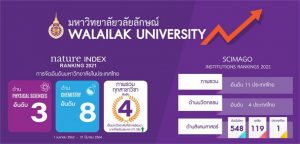Dengue and Zika prevention campaign
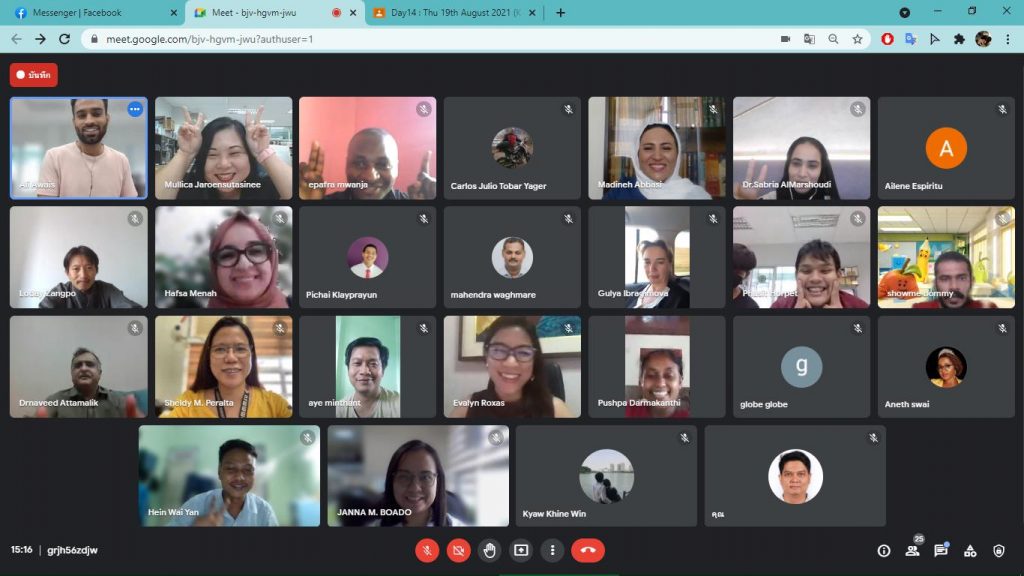
Among the most significant anticipated health impacts of climate change is an increase in the incidence of mosquito-borne infectious disease, including dengue fever and Zika incidences. The occurrence of disease, like dengue fever and Zika incidences is typical of the complex interaction between climate, environment and man at the origin of epidemic. In the last 50 years, there has been a thirtyfold increase in the amount of incidences as well as geographical expansion of incidences to new countries, particularly in rapidly expanding urban and semi-urban areas in middle and low income countries where water storage and waste disposal services are limited. An estimated 50 million dengue infections occur annually and about 2,500 million people live in regions with the potential risk of dengue transmission, especially developing countries.
Center of Excellence for Ecoinformatics, School of Science in collaboration with Thailand International Cooperation Agency (TICA) is initiated to hold the online workshop on “Dengue and Zika prevention campaign” to transfer the knowledge and expertise to the society. In this workshop, participants were trained to utilize the GLOBE Observer App: Mosquito Habitat Mapper (MHM) App to collect mosquito larvae observations in their countries. This MHM App is freely available and easy to install on any smart phones. This App allows participants identify disease-carrying mosquitoes, eliminate their breeding sites, and prevent future dengue and Zika outbreaks. Their mosquito data can be visualized real-time online with an overlaid mapping function of other relevant parameters such as GPS location of mosquito breeding sites, the amount of rainfall, air temperature and relative humidity. These real-time visualization system would help participants to fully understand when and where their dengue and Zika control and prevention should take place. Participants encourage to build networks with public health officials to better control mosquitoes and reduce mosquito-borne infectious disease in their countries.
Under the Center of Excellence for Ecoinformatics, School of Science, Walailak University, we have more than 15 years of experience implementing GLOBE atmosphere protocols (i.e. air temperature, relative humidity, rainfall, rain pH, cloud types and cloud cover), hydrology protocol (i.e. water temperature, pH, transparency, conductivity, and salinity) and GLOBE Mosquito Habitat Mapper App. We are experts on utilized weather, hydrology, and mosquito data for dengue and Zika control and prevention and frequently do training for schools and communities in various countries e.g. the US. and southeast Asia and Pacific region (Thailand, Vietnam, Palua, and New Zealand). Training in dengue and Zika prevention campaign using the GLOBE Mosquito Habitat Mapper App at Walailak University was created awareness, provide knowledge and management skills, disseminate and replicate best practices on mosquito control and mitigation approaches for reducing dengue and Zika risk areas and improve the quality of living in developing countries.
